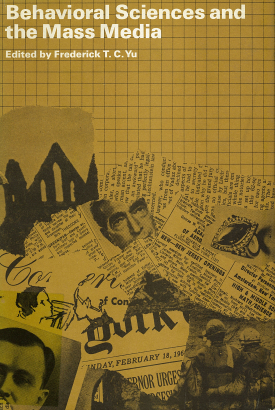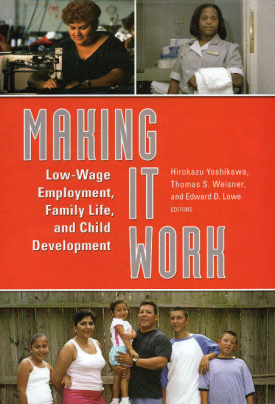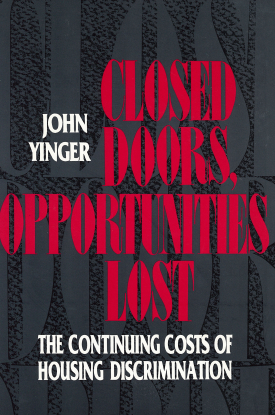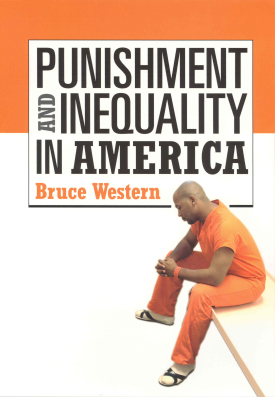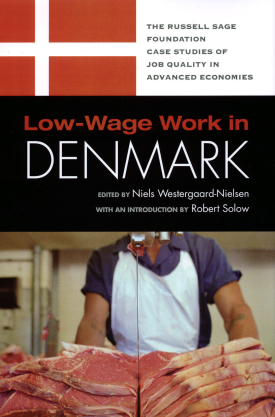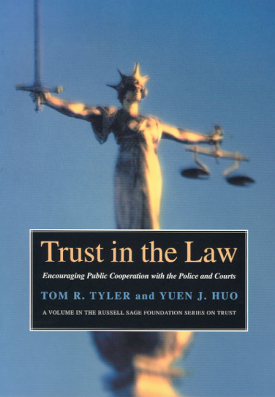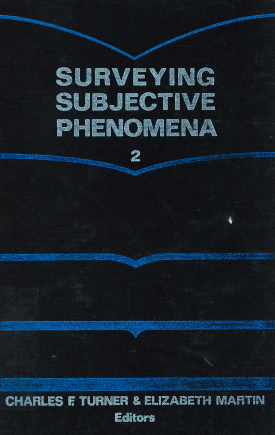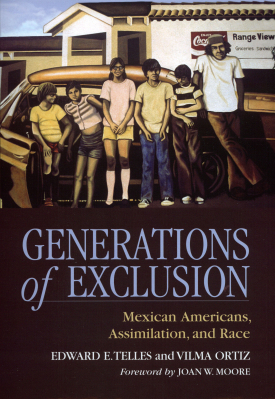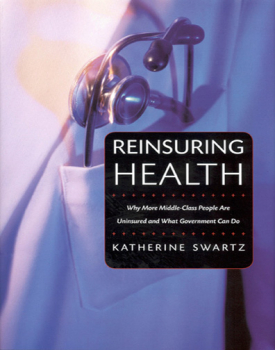Today, one third of all American babies are born to unmarried mothers—a startling statistic that has prompted national concern about the consequences for women, children, and society. Indeed, the debate about welfare and the overhaul of the federal welfare program for single mothers was partially motivated by the desire to reduce out of wedlock births. Although the proportion of births to unwed mothers has stopped climbing for the first time since the 1960s, it has not decreased, and recent trends are too complex to attribute solely to policy interventions. What are these trends and how do they differ across groups? Are they peculiar to the United States, or rooted in more widespread social forces? Do children of unmarried mothers face greater life challenges, and if so what can be done to help them? Out of Wedlock investigates these questions, marshalling sociologists, demographers, and economists to review the state of current research and to provide both empirical information and critical analyses.
Out of Wedlock employs a wealth of data, including the age, race, education, and other life circumstances of unwed mothers, and draws telling comparisons with other industrialized nations. Other nations have also experienced sharp increases in nonmarital fertility, but their births largely occur among cohabiting couples. Unwed mothers in the United States tend to be younger, less educated, from minority backgrounds, and to be living separately from their child's father. These trends may help explain the high rate of childhood poverty in this country. Out of Wedlock also examines such issues as the role of child support in providing income to children born outside of marriage, as well as the social and emotional outcomes for children of unwed mothers from infancy through early adulthood.
The conflicting data on nonmarital fertility give rise to a host of vexing theoretical, methodological, and empirical issues, some of which researchers are only beginning to address. Out of Wedlock breaks important new ground, bringing clarity to the data and examining policies that may benefit these particularly vulnerable children.
LAWRENCE L. WU is professor of sociology at the University of Wisconsin, Madison.
BARBARA WOLFE is professor of economics, public affairs, and preventive medicine at the University of Wisconsin, Madison.
CONTRIBUTORS:
Judi Bartfeld, Larry Bumpass, Andrew Cherlin, John Ermisch, Deborah DeGrafe, Michael Foster, Irwin Garfinkel, Robert Haveman, Saul Hoffman, Theodore Joyce, Robert Kaestner, Kelleen Kaye, Kathleen Kiernan, Sanders Korenman, Daniel Lichter, Lee Lillard, Shelley Lundberg, Sara McLanahan, Daniel Meyer, Robert Moffitt, Kelly Musick, Constantijn Panis, Karen Pence, Nancy Reichman, Julien Teitler, Dawn Upchurch, Barbara Wolfe, Lawrence Wu
